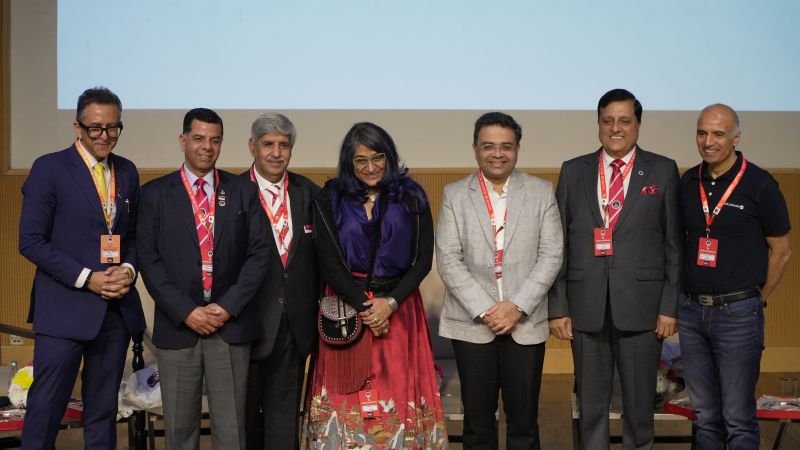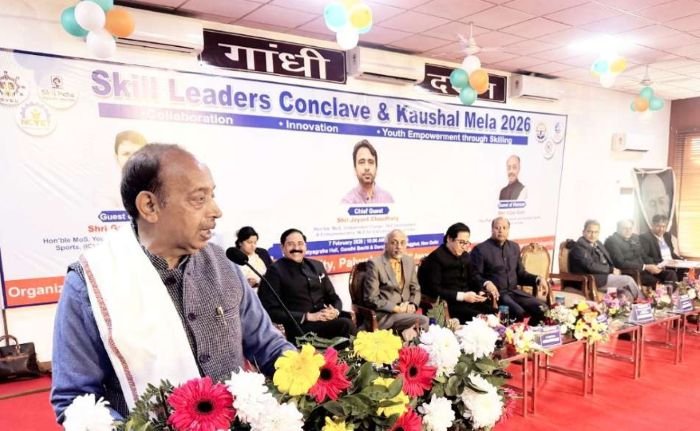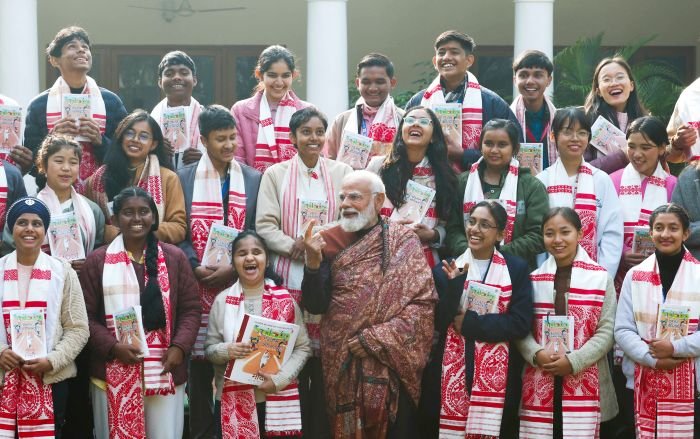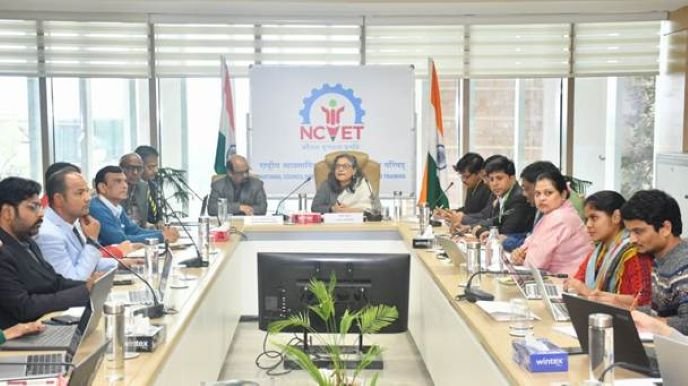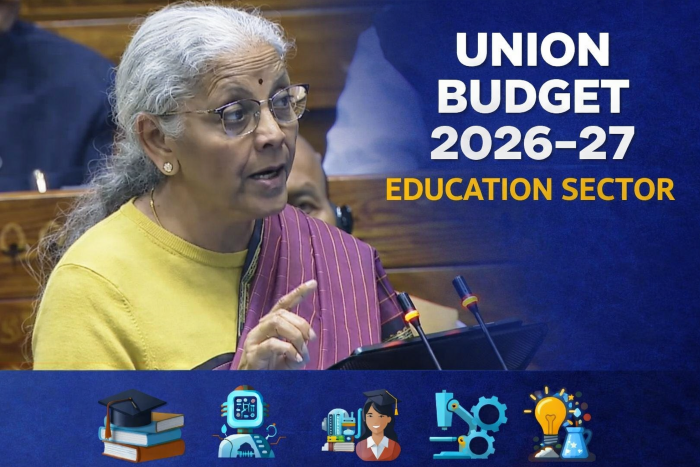
Coursera’s latest Global Skills Report 2021 highlights that India continues to witness a digital skills gap despite high skills proficiency in Machine Learning and Math. The study draws on performance data since the pandemic’s onset from more than 77 million learners on the platform to benchmark skills proficiency across business, technology, and data science for over 100 countries.
The report reveals that while Indian learners are relatively more adept at digital skills like cloud computing and machine learning, there is a significant skill challenge across the three key domains. Overall, India ranks 67th globally, with 38% proficiency, with mid-rankings globally in each domain, #55 in business and at #66 in both technology and data science. In Asia, India ranks low, placed at 16, ahead of countries such as the Philippines and Thailand, but below others like Singapore and Japan.
Key insights for India include:
- Cloud Computing is India’s strongest technology skill with 83% proficiency. A report by Wheebox, ranks India among the top 9 nations for global public cloud services, with a growth rate higher than the global average. The increasing investment in cloud technology and computing power marks a clear direction of future talent demand. Cloud Computing is an area that also presents an employment opportunity for entry-level workers with just 51 hours of learning.
- India must focus on building key data skills, despite strong foundational skills like Machine Learning (ML) and Mathematics. As demand for data scientists outstrips supply worldwide, India is also grappling with a shortage of data science professionals. Coursera’s GSR 2021 indicates that Indians have 52% proficiency in ML & 54% in mathematical skills. However, there is significant room for improvement in two key skills for digital transformation – Data Analysis and Statistical Programming, ranked only at 25% and 15% skills proficiency respectively.
- India shows evidence of evolving gender dynamics as women adopt online learning at one of the fastest paces globally. The share of overall Coursera course enrollments as well as in STEM courses from women learners in India saw an unprecedented increase. The former increased from 25% pre-pandemic to 35% in 2020, accounting for the fourth highest increase globally. The share of STEM course enrollments – which constitute many foundational digital skills, by women learners in India grew from 22% pre-2020 to 33% in 2020, the second highest increase globally. However, an overall learner-share of 37% (women), emphasizes a gap in access to online learning.
Based on the performance data of millions of learners on Coursera globally, the report also reveals the skills and time required to prepare for entry-level roles:
- Recent graduates and mid-career changers can develop entry-level, digital job skills in as little as 35 to 70 hours (or 1-2 months with 10 learning hours per week). On the other hand, someone with no degree or technology experience can be job-ready in 80 to 240 hours (or 2-6 months with 10 learning hours per week).
- The most transferable skills across all future jobs are in human skills like problem solving and communication, computer literacy, and career management.
“The pace of skills transformation is slower than the pace of digital transformation in India, as is the case in several countries across the world. Learners must invest in both soft and technical skills to prepare for jobs of the future,” said Raghav Gupta, Managing Director – India and APAC, Coursera.“The report indicates that the skills needed for high-demand entry-level roles can be developed in a matter of months, not years,” added Raghav. A report by AWS estimates that digitally skilled workers represent only 12% of India’s workforce, and the number of employees requiring digital skills is expected to increase nine-fold by 2025. WEF and PwC reveal that national upskilling initiatives could unlock India’s potential to achieve a much faster pace of economic growth and improve employment rate. However, workforce displacement due to the subsequent waves of the pandemic is compounding the existing gap.
To download the full report, visit https://www.coursera.org/global-skills-report


